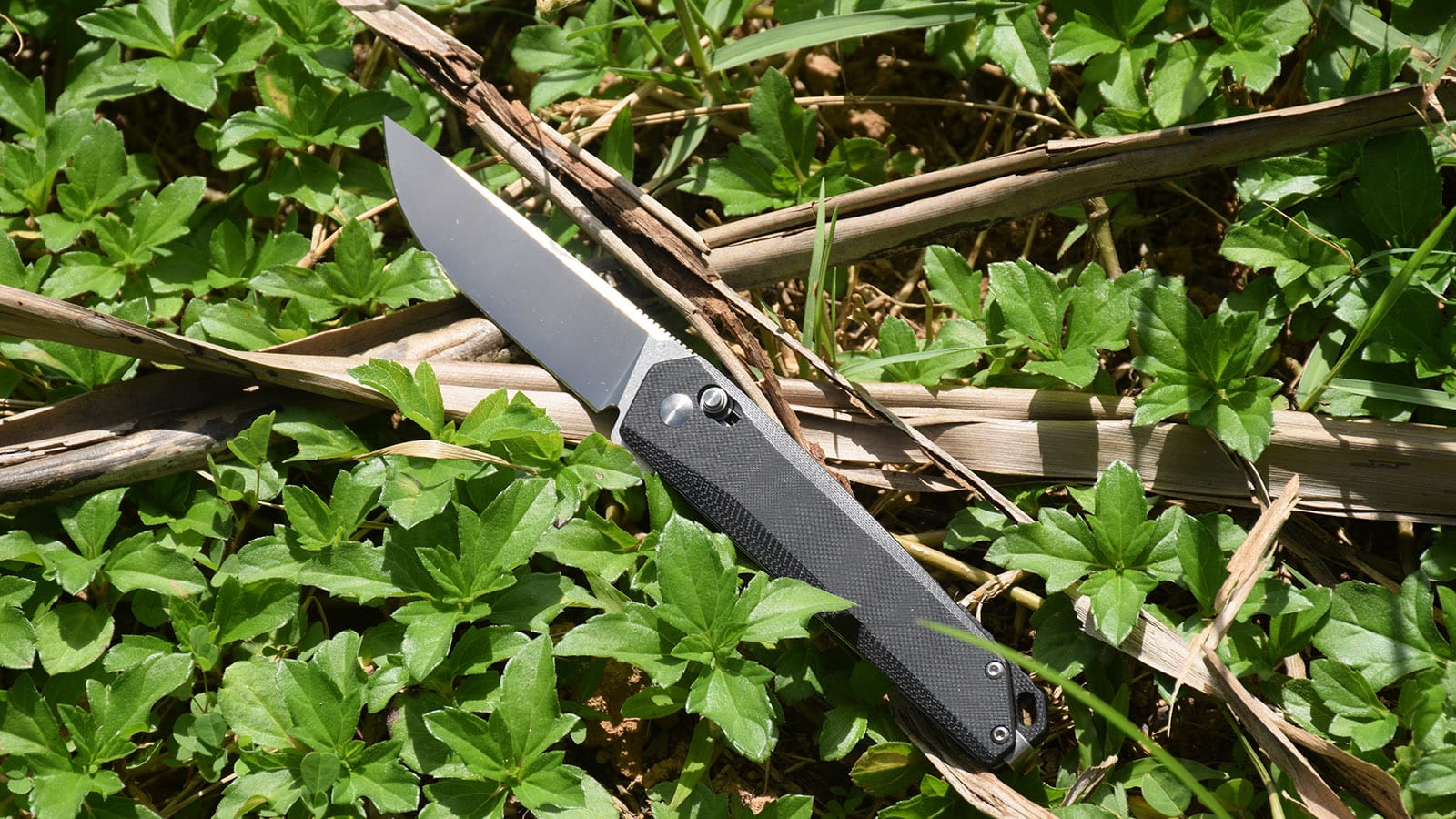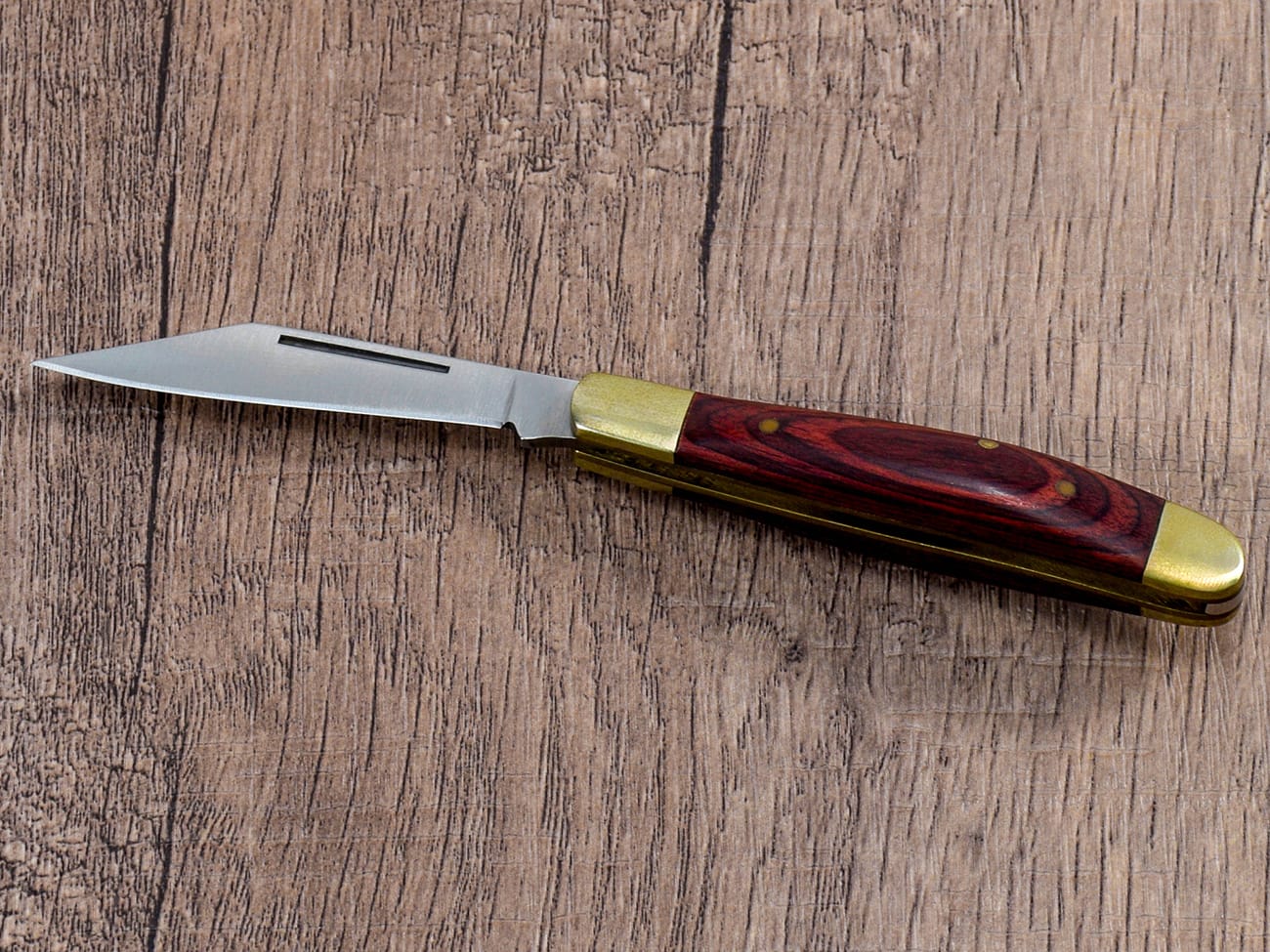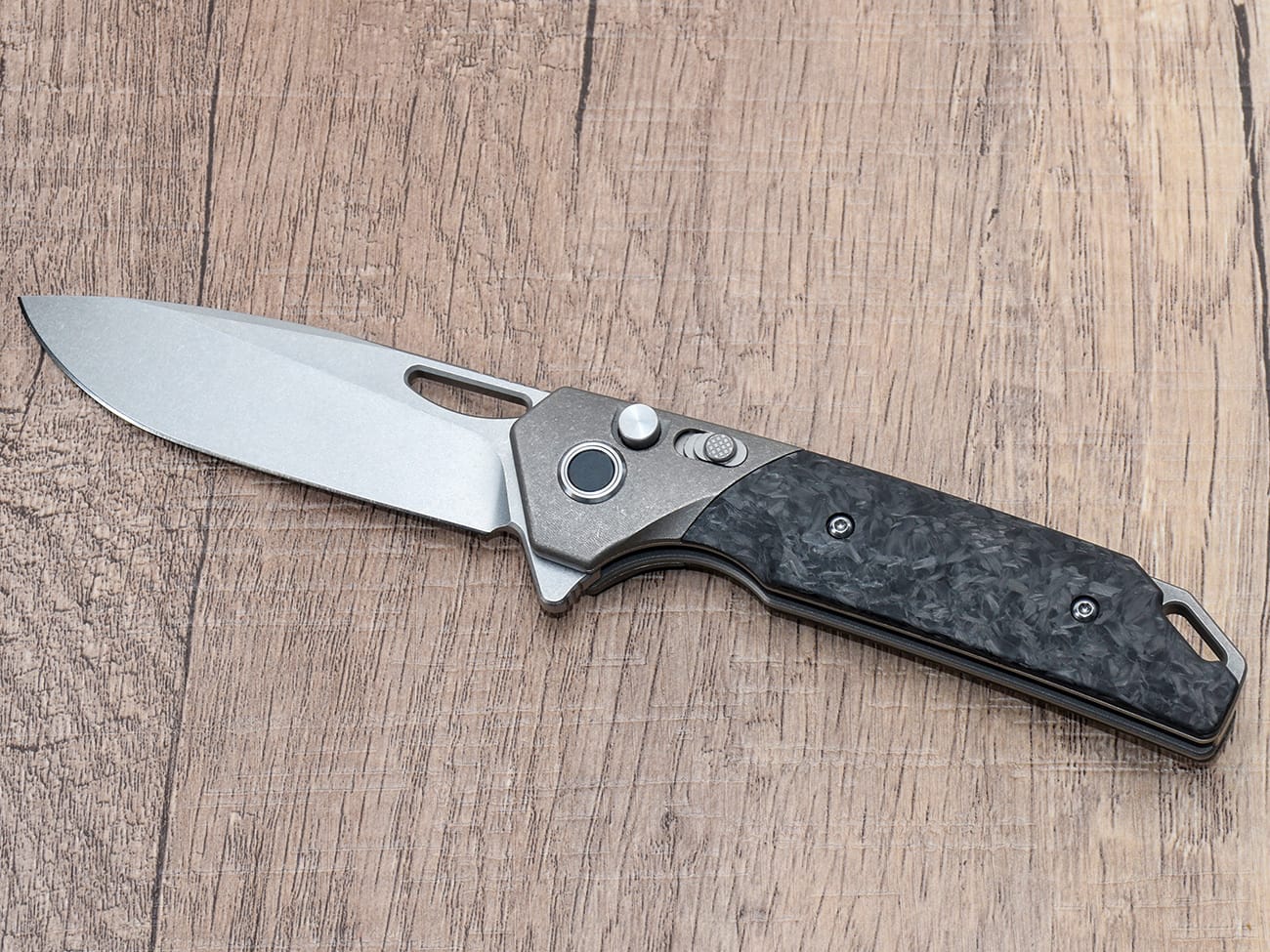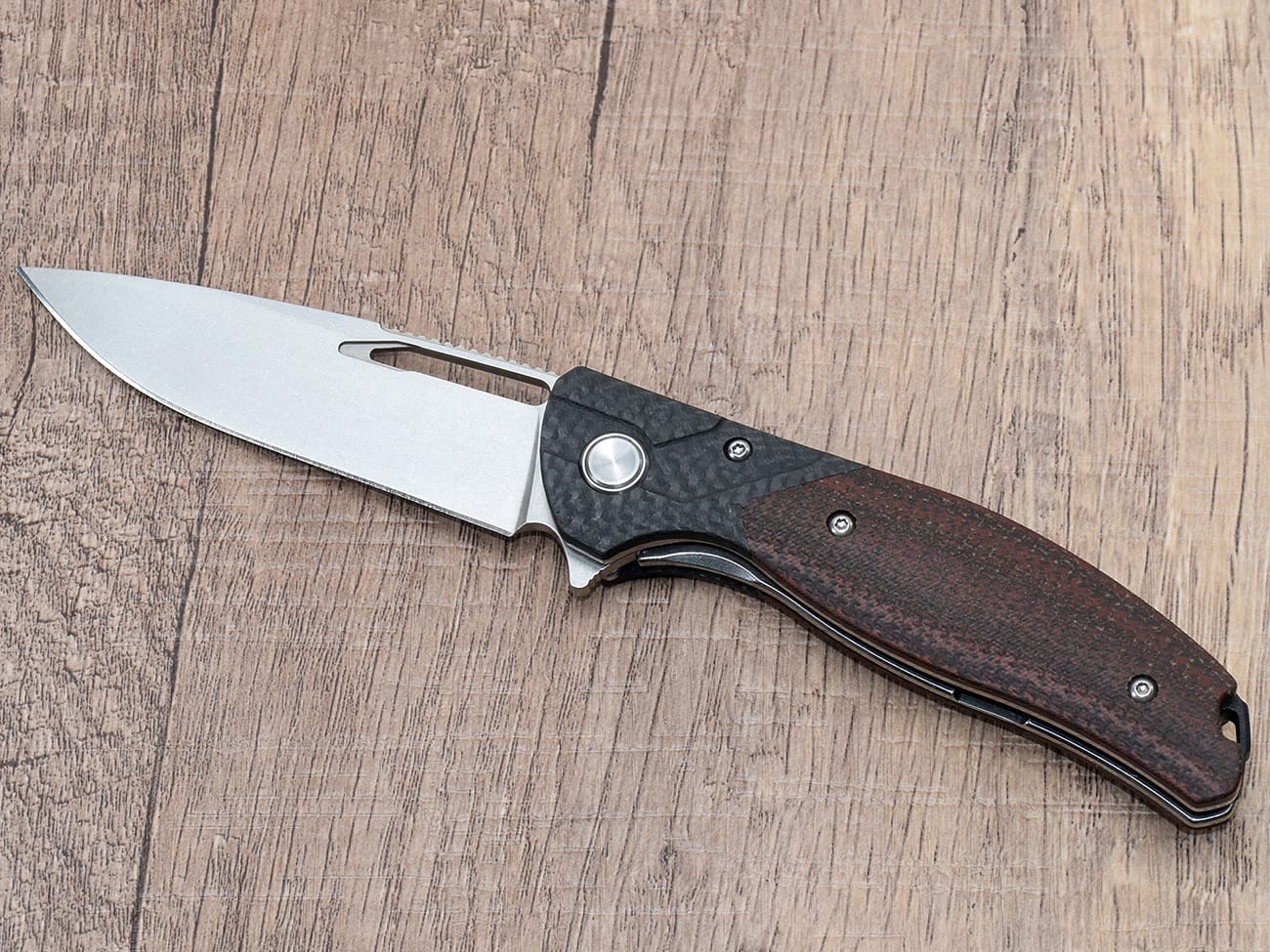The axis lock knife represents one of the most innovative developments in modern pocket knife design. This comprehensive guide explores everything you need to know about this unique lock mechanism that has revolutionized the knife industry. Whether you’re an EDC enthusiast or just getting started with folding knives, understanding the axis lock system will help you make informed decisions about your next knife purchase.
What is an Axis Lock and How Does it Work?
The axis lock is an advanced locking mechanism that uses a spring-loaded bar that moves back and forth in a channel cut through both handle liners. When the blade is fully opened, the axis bar engages a ramped tang portion of the blade, securely locking it in place. This innovative design makes the axis lock one of the strongest and most reliable locking systems available today.
The History Behind the Axis Lock Design
The axis lock mechanism was first developed by knife designers Bill McHenry and Jason Williams in the 1990s. It was later licensed exclusively to Benchmade Knife Company, who introduced the first production knife featuring this new lock in 1998. Since then, the axis lock has become one of the most respected lock designs in the knife industry.
Key Benefits of the Axis Lock System
The axis lock offers several significant advantages over traditional lock types:
- Completely ambidextrous operation
- Extremely strong lockup
- Smooth one-handed opening and closing
- Minimal wear on lock components
- Enhanced safety features
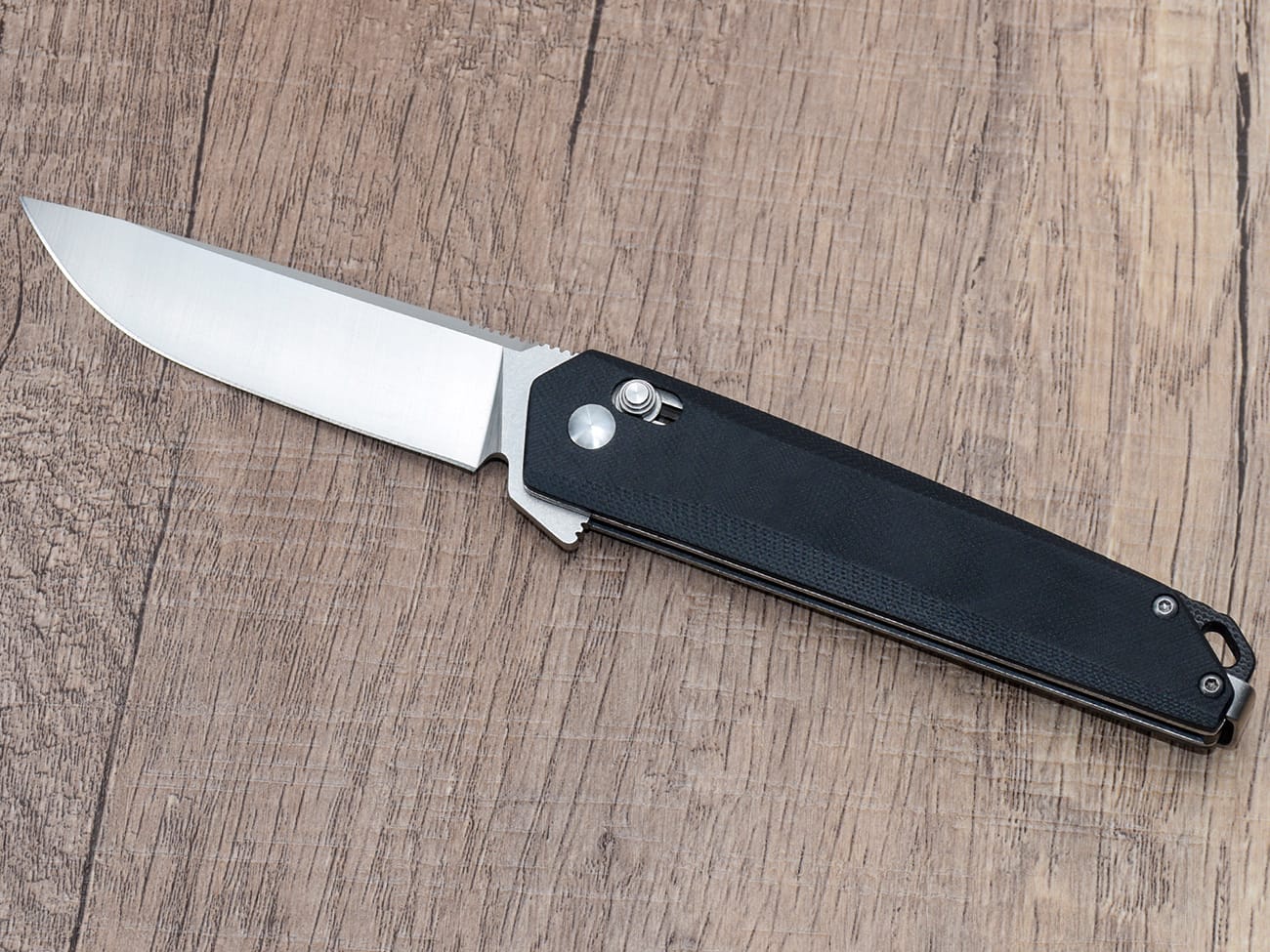
How Does an Axis Lock Compare to Other Lock Types?
When compared to traditional lock mechanisms, the axis lock stands out in several ways:
- Liner Lock: While popular, the liner lock relies on a single point of contact
- Frame Lock: Stronger than liner locks but still single-sided
- Button Lock: Simple operation but generally not as strong
- Ball Bearing Lock: Similar concept but different execution
- Slip Joint: Non-locking traditional design
Why Choose an Axis Lock Knife for EDC?
For everyday carry (EDC), an axis lock knife offers exceptional utility and convenience. The ability to close the blade with a quick flick while keeping fingers away from the blade path makes it particularly safe for regular use. The mechanism’s durability and smooth operation make it ideal for frequent deployment.
Common Misconceptions About Axis Lock Knives
Let’s address some common myths:
- “The omega spring will break” – Modern designs have greatly improved reliability
- “They’re hard to open” – Actually very smooth with proper maintenance
- “Only right-handed users can operate them” – Completely ambidextrous design
- “Too complex to maintain” – Simple cleaning and lubrication is sufficient
Maintaining Your Axis Lock Knife
Proper maintenance ensures optimal performance:
- Regular cleaning of the pivot area
- Light lubrication of moving parts
- Checking spring tension
- Inspecting the axis bar for wear
- Keeping the lock channel clear of debris
Popular Axis Lock Variations in the Market
Several manufacturers have developed their own versions:
- Arc Lock
- XR Lock
- Able Lock
- Crossbar Lock
- Clutch Lock
How to Choose the Best Axis Lock Knife for Your Needs
Consider these factors when selecting an axis lock knife:
- Blade length and material
- Handle materials and ergonomics
- Overall size and weight
- Intended use (EDC, tactical, outdoor)
- Price point and warranty
Safety Considerations When Using an Axis Lock
While the axis lock is inherently safe, proper handling is essential:
- Always maintain awareness of the blade path
- Keep fingers clear when closing
- Regularly check lock engagement
- Never disable or modify the locking mechanism
- Practice proper deployment techniques
Key Takeaways:
• The axis lock represents a revolutionary advancement in knife lock design • Offers superior strength and ambidextrous operation • Requires minimal maintenance for reliable performance • Available in various configurations for different needs • Provides enhanced safety features compared to traditional locks • Ideal for both everyday carry and heavy-duty useRemember: When choosing an axis lock knife, prioritize quality construction and reputable manufacturers to ensure the best experience and longest service life.

